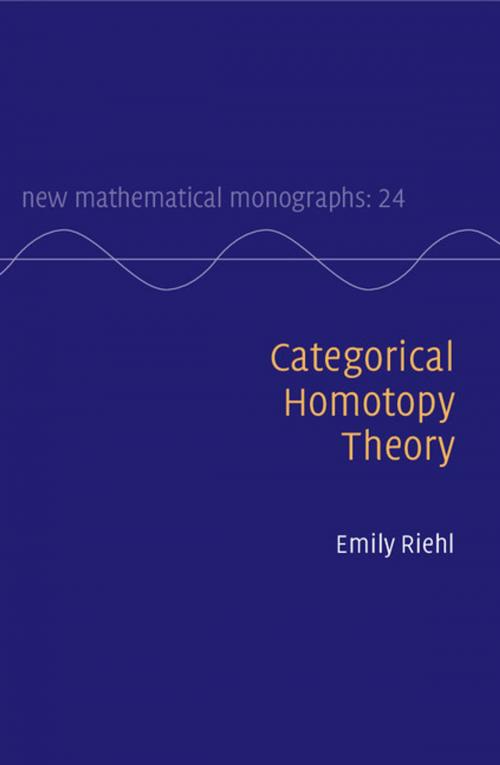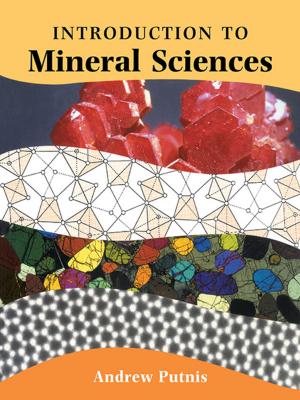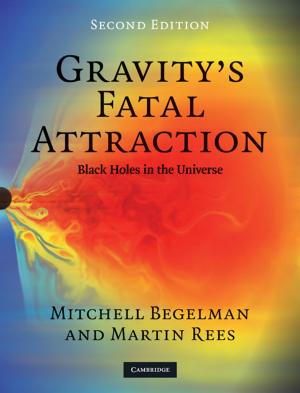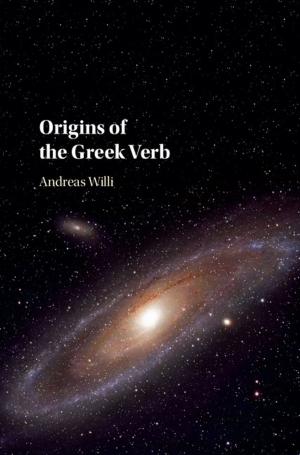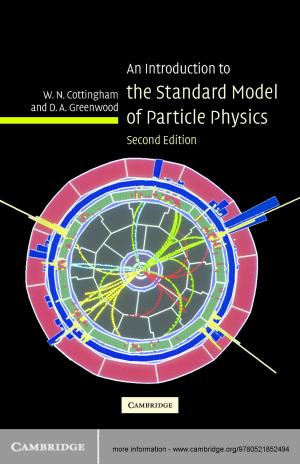| Author: | Emily Riehl | ISBN: | 9781139949460 |
| Publisher: | Cambridge University Press | Publication: | May 26, 2014 |
| Imprint: | Cambridge University Press | Language: | English |
| Author: | Emily Riehl |
| ISBN: | 9781139949460 |
| Publisher: | Cambridge University Press |
| Publication: | May 26, 2014 |
| Imprint: | Cambridge University Press |
| Language: | English |
This book develops abstract homotopy theory from the categorical perspective with a particular focus on examples. Part I discusses two competing perspectives by which one typically first encounters homotopy (co)limits: either as derived functors definable when the appropriate diagram categories admit a compatible model structure, or through particular formulae that give the right notion in certain examples. Emily Riehl unifies these seemingly rival perspectives and demonstrates that model structures on diagram categories are irrelevant. Homotopy (co)limits are explained to be a special case of weighted (co)limits, a foundational topic in enriched category theory. In Part II, Riehl further examines this topic, separating categorical arguments from homotopical ones. Part III treats the most ubiquitous axiomatic framework for homotopy theory - Quillen's model categories. Here, Riehl simplifies familiar model categorical lemmas and definitions by focusing on weak factorization systems. Part IV introduces quasi-categories and homotopy coherence.
This book develops abstract homotopy theory from the categorical perspective with a particular focus on examples. Part I discusses two competing perspectives by which one typically first encounters homotopy (co)limits: either as derived functors definable when the appropriate diagram categories admit a compatible model structure, or through particular formulae that give the right notion in certain examples. Emily Riehl unifies these seemingly rival perspectives and demonstrates that model structures on diagram categories are irrelevant. Homotopy (co)limits are explained to be a special case of weighted (co)limits, a foundational topic in enriched category theory. In Part II, Riehl further examines this topic, separating categorical arguments from homotopical ones. Part III treats the most ubiquitous axiomatic framework for homotopy theory - Quillen's model categories. Here, Riehl simplifies familiar model categorical lemmas and definitions by focusing on weak factorization systems. Part IV introduces quasi-categories and homotopy coherence.
